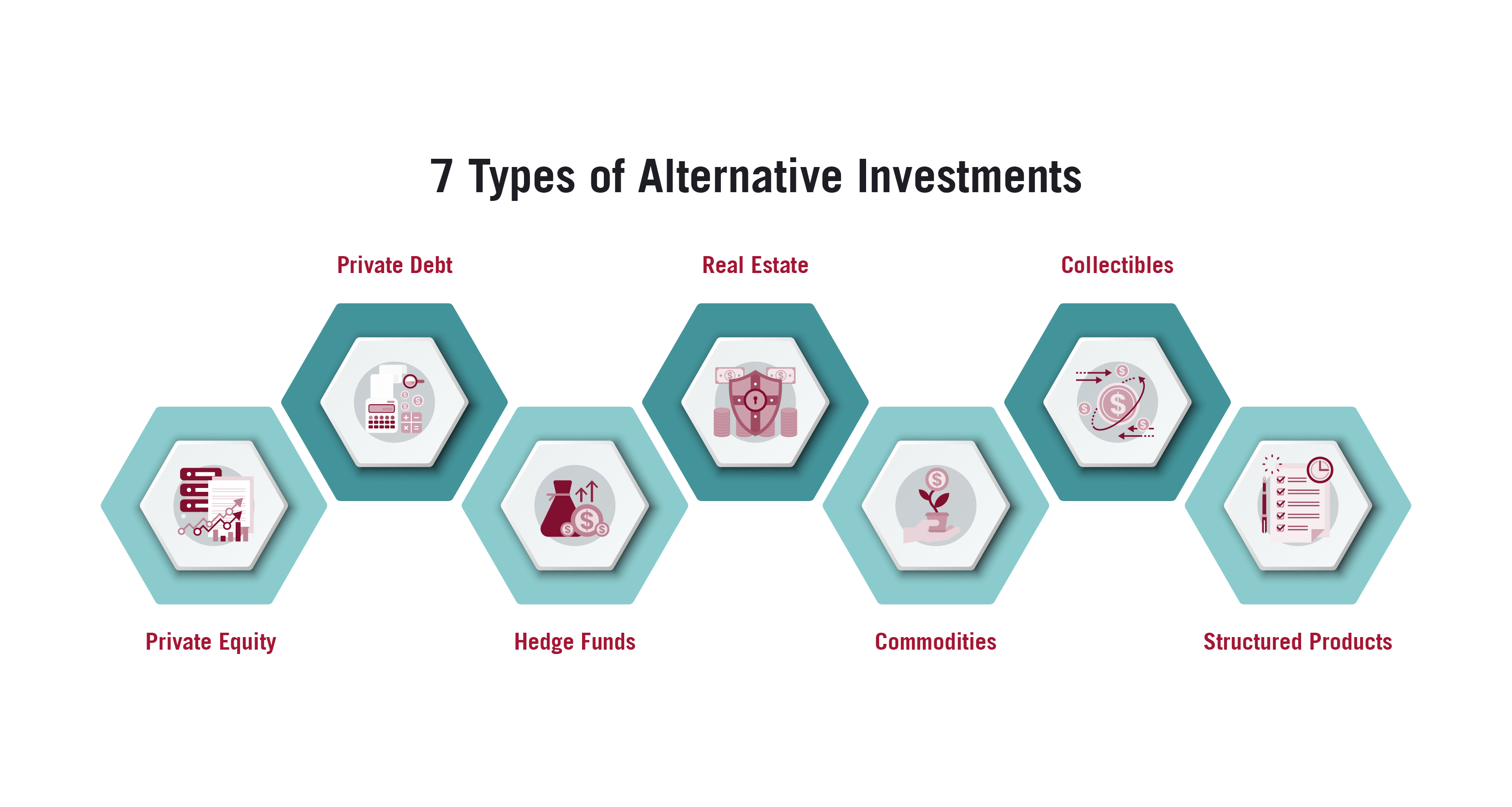Alternative Investments: A Comprehensive Guide
What do you mean by Alternative Investments?
Alternative investments refer to a wide range of investment options that go beyond traditional stocks, bonds, and cash. These non-traditional assets can include real estate, commodities, private equity, hedge funds, cryptocurrencies, and more. The main attraction of alternative investments is their potential for high returns and diversification benefits.
How can you invest in Alternative Investments?
Investing in alternative investments can be done through various avenues such as through private equity firms, hedge funds, real estate crowdfunding platforms, and online trading platforms. It is important to do thorough research and due diligence before investing in alternative assets to understand the risks involved and ensure that it aligns with your investment goals and risk tolerance.
What is known about Alternative Investments?

Image Source: hbs.edu
Alternative investments have gained popularity in recent years as investors seek to diversify their portfolios and seek out higher returns in a low-interest rate environment. These assets are typically less correlated with traditional stock and bond markets, providing investors with a hedge against market volatility.
Solution for investing in Alternative Investments
One of the solutions for investing in alternative investments is to work with a financial advisor or investment firm that specializes in these asset classes. They can help you navigate the complexities of alternative investments and provide guidance on the best strategies for your investment goals.
Information about Alternative Investments
Alternative investments can offer unique opportunities for investors to access markets and strategies that are not available through traditional investment vehicles. These assets can provide diversification benefits, downside protection, and potentially higher returns compared to traditional investments.
FAQs about Alternative Investments
1. Are alternative investments suitable for all investors?
Alternative investments are typically more complex and illiquid than traditional investments, so they may not be suitable for all investors. It is important to assess your risk tolerance and investment goals before investing in alternative assets.
2. How can I access alternative investments?
There are various ways to access alternative investments, including through private equity firms, hedge funds, real estate crowdfunding platforms, and online trading platforms. It is important to do thorough research and due diligence before investing in alternative assets.
3. What are the risks associated with alternative investments?
Alternative investments can be riskier than traditional investments due to their complexity, illiquidity, and potential for high volatility. It is important to understand the risks involved and consult with a financial advisor before investing in alternative assets.
4. How can I evaluate the performance of alternative investments?
The performance of alternative investments can be evaluated using metrics such as return on investment, volatility, and correlation with other asset classes. It is important to track the performance of your alternative investments regularly to assess their impact on your overall portfolio.
5. What are some examples of alternative investments?
Some examples of alternative investments include real estate, commodities, private equity, hedge funds, cryptocurrencies, and collectibles. These assets offer unique opportunities for diversification and potentially higher returns compared to traditional investments.
Alternative investments